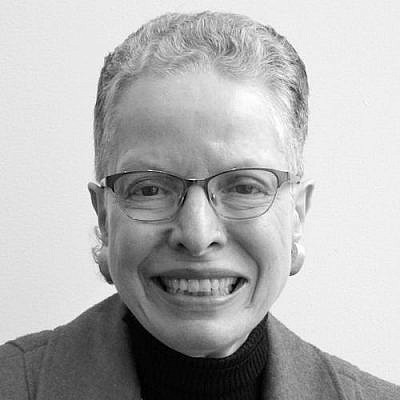
Today, of course, we include them among the giants of classical music, old timers who have set the standards of excellence for decades. But there was a time long ago, back in the 1970s, when they were starting out, still kids like me, looking forward to the future with hope and eagerness and anticipation. I remember telling a young man I was dating that I’d heard about some promising young musicians and suggested we get tickets for an upcoming performance. My soon-to-be ex-boyfriend sneeringly told me he was not interested in listening to mere beginners. He only went to performances by the truly greats. Who were these nonentities? You may have heard of them: Daniel Barenboim. Itzak Perlman. Pinchas Zuckerman. Jacqueline duPre.
I’ve followed their careers over many years now, attending their concerts, buying their LPs and CDs, turning up the volume on the classical music station on my radio when their recordings are played. Jacqueline duPre was only a year older than me. She died in 1987, at age 42, much, much too young, but it was still a time when a contemporary’s death was a tragedy, not an inevitability. My generation was still cocky enough to think it wouldn’t happen to us.
And now I read that Daniel Barenboim is 80 years old and suffering from “a serious neurological disease,” and all I can do is sigh. I have so many friends suffering from terrible diseases that keep a list of their ailments so that I do not confuse one person’s medical problems with those of others.
It wasn’t supposed to happen this way. We were the Boomers, raised to believe we would change the world, to improve—no, to perfect—it. We would bring about global peace, racial and gender equity, economic justice in our lifetimes, while also curing cancer and other dreaded diseases. It didn’t work out that way, of course, and now we’re facing the consequences not only of our own mistakes but of times that are changing in ways we never anticipated. And although we always believed our generation would never grow old, the isolation of the pandemic has forced us to admit otherwise.
I know that many scientists are working to find effective treatments and potential cures to the cancers, heart conditions, neurological diseases and others that my generation now suffers from. I have another technique. At the end of the day, once the evening news is over and the dinner dishes are done, I put a LP with a performance by the young Barenboim, Zuckerman, Perlman, or duPre on my old-fashioned turntable. Once again it’s 1967 and we are all at the beginning of our lives, our futures bright and hopeful. That future is behind us now, but as I listen, I am young again, and somehow what lies ahead—for both me and the world—does not seem quite so grim.
PhD in English literature, retired public-relations professional, and author whose fiction, columns, reviews and literary criticism have appeared in a variety of publications.